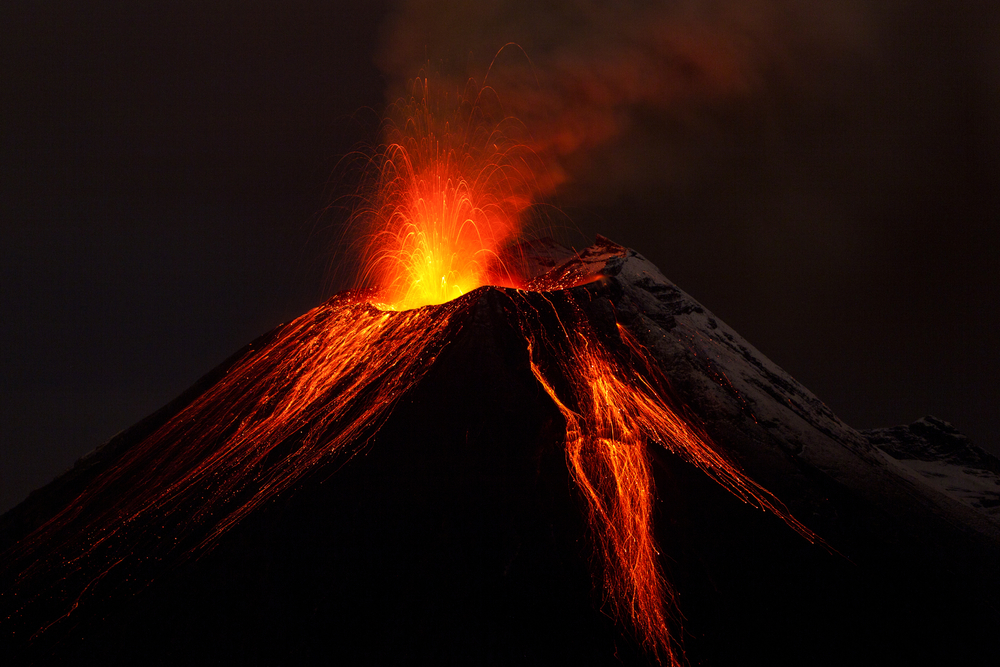Over the previous two millennia, volcanoes have considerably affected the Earth’s climate circumstances. Harvard scientists’ were researching for a very long time and now they have successfully traced the role of Volcanic eruption in changing human history.

As a part of the brand new scientific work, the researchers studied samples of about 9 thousand lifeless and residing bushes, and the obtained information has been used to create an entire file of climatic data. The calculations have been carried out from 1 yr A.D. e. The scientists in contrast the data acquired with the dates of large-scale volcanic eruptions.
Role of Volcanic eruption in changing human history
As it turned out, they have been capable of cut back the typical temperature on the planet by a number of tenths of a level Celsius, which is taken into account a reasonably tangible decline, and this was most clearly seen in Eurasia and North America. Sulfur emitted by volcanoes was directed into the stratosphere, blocking the solar’s rays, which, in flip, diminished the intervals of development of crops, which, coupled with a chilly snap, triggered crop failures.
In the years when volcanic exercise was absent, the planet, quite the opposite, turned hotter. So, for instance, within the 280s, 990s, and 1020s, the summertime climate was so scorching that the temperature values have been akin to these of the primary decade of the twenty-first century. But the Sixth-Seventh centuries have been marked by the Little Ice Age.
The researchers additionally came upon roughly fixed heat within the Medieval and Roman intervals, when there have been virtually no main volcanic eruptions, coincided with the heyday and political stability of the nations. And the time, which was characterized by volcanic exercise, was accompanied by conflicts and financial decline.
“Millions of individuals are being harmed by a significant eruption that’s lowering grain manufacturing. Crop failure ends in famine, illness, battle, and displacement. We have traced plenty of proof of this in historic data, ”stated Harvard researchers.
